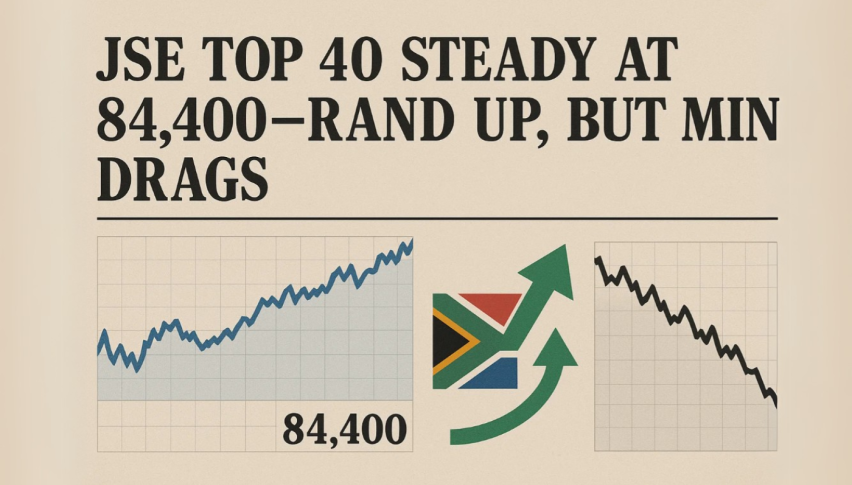Can Nigeria’s Crypto Regulation Drive Fintech Jobs, Digital Growth in Africa?
With remittances topping $50 billion, Africa is seeking for faster and cheaper solutions. Regulated cryptocurrency could be the solution...

Quick overview
- Sub-Saharan Africa receives over $50 billion in remittances annually, but traditional banking systems make these transfers slow and costly.
- Digital currencies, when regulated properly, can significantly reduce costs and enhance financial inclusion in the region.
- Nigeria's new Investments and Securities Act 2024 recognizes digital assets as securities, providing clarity and legitimacy for crypto engagement.
- Regulated crypto markets could improve financial access for the unbanked and create skilled jobs in various sectors, bolstering economic resilience.
With remittances topping $50 billion, Africa is seeking for faster and cheaper solutions. Regulated cryptocurrency could be the solution, perhaps leading to an increase in Fintech jobs in the region.
Remittances, Fees, and a Digital Opportunity
Sub-Saharan Africa receives more than $50 billion in remittances annually, a crucial lifeline for millions across the region. But under traditional banking systems, these transfers remain slow and expensive. According to the World Bank, high fees and settlement delays continue to erode the value of inflows.
Digital currencies offer a compelling solution. When implemented under a sound legal framework, they can drastically cut costs, boost financial inclusion, and energize the region’s fintech ecosystem. The question is no longer if crypto should be used—but how it can be harnessed securely, fairly, and effectively.
Nigeria Sets the Pace with ISA 2024
Nigeria has taken a bold step forward with its new Investments and Securities Act 2024 (ISA 2024), signed into law by President Bola Tinubu on April 7, 2025. The act replaces the 2007 version and officially recognizes digital assets—such as tokenized investment contracts and cryptocurrencies—as securities, putting them on equal footing with traditional instruments like stocks and bonds.
This reclassification offers clarity and legitimacy, especially for institutions hesitant to engage with crypto in regulatory grey zones. It sets strict disclosure standards for digital asset issuers, including smart contract audits, detailed white papers, and consistent financial reporting.
ISA 2024 also mandates client asset segregation, requiring platforms to separate customer funds from corporate accounts—an essential safeguard against misuse.
A New Era for Crypto Platforms and Professionals
With these reforms, virtual asset providers—such as exchanges, custodians, and token issuers—must now meet the same standards as traditional brokers and fund managers. This change opens doors for institutional investment while simultaneously ensuring consumer protection.
As one of the continent’s first licensed crypto platforms, Luno Nigeria sees ISA 2024 as a foundation for a safer, more innovative digital economy. CEO Ayotunde Alabi welcomed the law’s clear standards, which could elevate Nigeria’s capital markets to global best-practice levels.
Financial Access and Economic Resilience
Africa is already a leader in mobile finance. As of late 2023, the region accounted for nearly half of all global mobile money accounts—over 800 million registered users and more than 200 million active each month. These systems processed nearly $900 billion in transactions, embedding digital payments into the region’s daily life.
Regulated crypto markets could build on this success by improving access to financial services for the unbanked while generating skilled jobs in compliance, cybersecurity, legal support, and engineering. By supporting national financial stability and innovation, these frameworks can also strengthen macroeconomic resilience.
In countries battling volatile inflation, crypto has become a popular store of value. Legal clarity, like Nigeria’s ISA 2024, ensures such use is not only safe but integrated into broader financial systems.
- Check out our free forex signals
- Follow the top economic events on FX Leaders economic calendar
- Trade better, discover more Forex Trading Strategies
- Open a FREE Trading Account



